Cloud Management Outsourcing in Singapore: Why Offshore Partnerships Are the Future
As Singapore accelerates its digital transformation, the demand for secure, scalable, and cost-efficient cloud infrastructure has never been higher. Over 90% of local enterprises now use cloud technology, yet many still struggle to manage increasingly complex hybrid and multicloud environments.
Cloud Management Outsourcing offers a strategic solution. By partnering with specialized offshore vendors, Singapore businesses can streamline operations, enhance security compliance, and reduce costs—all while focusing internal resources on innovation and growth.
This article explores how cloud management outsourcing works, why more firms are turning to offshore partners like Kaopiz, and what lies ahead for Singapore’s cloud ecosystem in 2025 and beyond.
Table of Contents
- The Rise of Cloud Outsourcing in Singapore
- What Is Cloud Management Outsourcing?
- How Cloud Management Outsourcing Works
- What Are the Key Types of Cloud Outsourcing Models?
- Why Should Singapore Businesses Outsource Cloud Management?
- In-House vs Outsourced vs Hybrid: Which Is Better for Your Business?
- Risks and Challenges of Cloud Management Outsourcing
- How to Choose the Right Offshore Cloud Partner in Singapore
- The Future of Cloud Management Outsourcing in Singapore (2025–2030)
- Conclusion
- FAQs
The Rise of Cloud Outsourcing in Singapore
Singapore’s cloud computing market continues to grow at an impressive pace. In 2024, the cloud market was valued at $8.51 billion, up from $7.76 billion in 2023, and is projected to expand at a Compound Annual Growth Rate (CAGR) of 11.33% from 2025 to 2033. This rapid growth underscores Singapore’s position as one of Asia’s leading digital and cloud innovation hubs.

However, as adoption accelerates, many enterprises face increasing challenges in managing their hybrid and multicloud environments. Rising infrastructure complexity, high operational costs, and the shortage of skilled cloud engineers have led organizations to seek more sustainable solutions.
To overcome these obstacles, businesses are increasingly turning to cloud management outsourcing—delegating the operation, monitoring, and optimization of their cloud-based IT solutions to specialized offshore vendors. This approach not only reduces overheads but also ensures scalability, 24/7 monitoring, and compliance with data protection standards such as Singapore’s PDPA.
As a result, outsourcing has shifted from being a cost-saving measure to a strategic enabler of business agility and innovation in Singapore’s fast-evolving cloud ecosystem.
What Is Cloud Management Outsourcing?
Cloud Management Outsourcing refers to delegating the setup, monitoring, optimization, and maintenance of cloud infrastructure to a third-party service provider. Instead of managing complex cloud systems internally, businesses partner with specialized vendors—often offshore—to handle daily operations, performance tuning, and security management.
A cloud outsourcing partner typically provides end-to-end services, including:
- Infrastructure setup and configuration across AWS, Azure, or Google Cloud
- Ongoing monitoring and incident response to ensure uptime and reliability
- Cost and performance optimization through analytics and automation tools
- Security, backup, and compliance management aligned with regulations such as Singapore’s PDPA or ISO 27001
For Singapore enterprises, outsourcing cloud management delivers three key advantages: cost efficiency, access to skilled engineers, and operational scalability. It enables internal IT teams to focus on innovation and digital growth rather than day-to-day system maintenance.
How Cloud Management Outsourcing Works
Cloud Management Outsourcing typically follows a structured, collaborative process designed to ensure smooth transition, stable performance, and continuous optimization. For Singapore businesses, this approach allows local IT teams to maintain visibility and control while leveraging offshore expertise for execution.
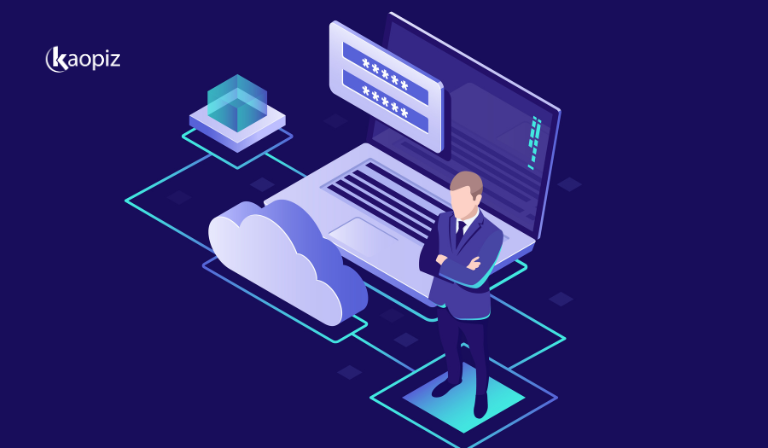
- Assessment and Planning
The process begins with an in-depth evaluation of the company’s existing IT infrastructure, workloads, and business objectives. The outsourcing partner then recommends an optimal cloud strategy—whether single, hybrid, or multicloud—based on performance, security, and compliance needs.
- Migration and Implementation
Once the plan is approved, workloads are migrated to cloud platforms such as AWS, Azure, or Google Cloud. Offshore teams handle setup, configuration, and integration to ensure seamless transition with minimal downtime.
- Continuous Monitoring and Optimization
After deployment, the outsourced team monitors system health, network performance, and cost usage 24/7. Using AI-driven automation, they predict anomalies, scale resources dynamically, and fine-tune performance.
- Security, Backup, and Compliance
Outsourcing partners ensure compliance with Singapore’s PDPA and international standards like ISO 27001, managing data protection, access control, and regular security audits.
- Reporting and Governance
Regular reports, performance dashboards, and review meetings keep the client fully informed. This transparency helps align outsourced operations with business KPIs and ensures accountability.
Through this model, Singapore enterprises can achieve a scalable, secure, and cost-efficient cloud environment, while freeing internal teams to focus on innovation and business growth.
What Are the Key Types of Cloud Outsourcing Models?
Cloud Management Outsourcing can take several forms, depending on a company’s infrastructure strategy and business goals. In Singapore, where enterprises often operate in regulated, data-intensive, or fast-scaling industries, selecting the right model is crucial for balancing cost, performance, and compliance.
Below are the four main models widely adopted by Singapore businesses.
Cloud Services Outsourcing
This is the most common model, where a third-party provider fully manages the client’s cloud infrastructure — including provisioning, monitoring, maintenance, and cost optimization.
It’s ideal for organizations without a dedicated internal cloud team or those seeking predictable operational costs.
Benefits:
- Reduces capital expenditure and manpower cost
- Ensures 24/7 uptime and expert system management
- Frees internal IT resources to focus on innovation and strategy
Many Singapore SMEs and mid-sized enterprises use this model to modernize legacy systems and improve service reliability.
Hybrid Cloud Outsourcing
In this model, businesses combine on-premises infrastructure with public cloud platforms (e.g., AWS, Azure, Google Cloud). The outsourcing partner helps integrate and manage both environments securely and efficiently.
Best suited for:
- Enterprises in finance, healthcare, and government sectors where compliance and data sovereignty are critical
- Businesses need to balance data control with flexibility
Key advantages:
- Seamless data exchange between on-premise and cloud systems
- Optimized performance through workload distribution
- Stronger control over sensitive data under PDPA requirements
Multicloud Management
Many Singapore organizations now use multiple cloud providers to avoid vendor lock-in and enhance resilience. Through multicloud management outsourcing, a single partner oversees all environments — AWS, Azure, GCP, or private clouds — through a unified dashboard.
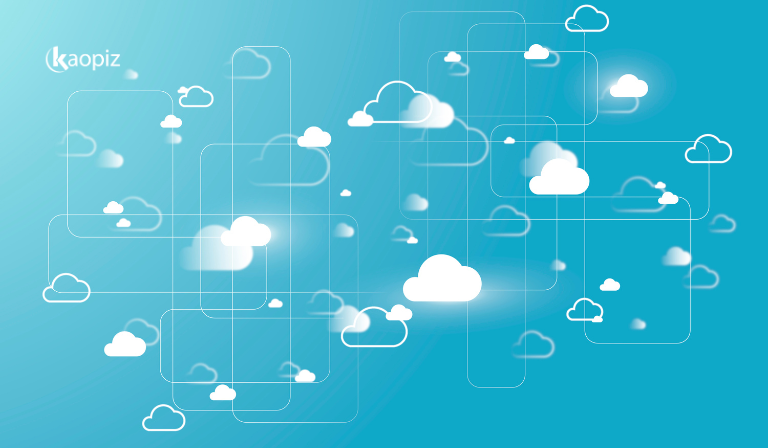
Benefits:
- Centralized visibility and performance monitoring
- Cross-platform cost and security optimization
- Improved reliability with backup and redundancy across clouds
This approach is increasingly popular among regional enterprises operating in diverse markets across Southeast Asia.
AI-Driven Cloud Services
The next evolution of cloud outsourcing integrates Artificial Intelligence into management and optimization processes.
AI-driven systems can predict usage spikes, detect anomalies, automate scaling, and even self-heal network disruptions — all with minimal human intervention.
Advantages for Singapore businesses:
- Reduced operational costs through predictive automation
- Faster issue resolution and improved uptime
- Intelligent analytics for smarter resource planning
By leveraging AI-driven cloud services, enterprises can achieve a higher level of efficiency, agility, and innovation—key to staying competitive in the fast-moving APAC digital economy.
Why Should Singapore Businesses Outsource Cloud Management?
For many Singapore enterprises, managing complex hybrid and multicloud environments internally requires significant resources, expertise, and continuous monitoring. Outsourcing to offshore partners provides a smarter, more efficient way to ensure performance, scalability, and security—without overburdening in-house teams.
- Cost Efficiency and Resource Optimization: Outsourcing cloud operations eliminates the need for maintaining large in-house infrastructure teams. Offshore vendors, particularly in Vietnam, offer experienced engineers at competitive rates, helping Singapore businesses reduce operational costs while improving ROI.
- Access to Certified Cloud Experts: Offshore partners provide AWS-, Azure-, and Google Cloud-certified engineers with deep expertise in migration, optimization, and automation. This ensures your systems meet global standards such as ISO 27001 and Singapore’s PDPA, while maintaining reliability and security.
- 24/7 Monitoring and Proactive Support: With around-the-clock coverage, outsourcing teams can detect issues early and resolve them before they disrupt business operations. This is essential in Singapore’s always-on digital economy, where uptime directly impacts customer satisfaction.
- Faster Deployment and Flexible Scalability: Outsourced teams can scale resources up or down quickly based on demand—whether for seasonal peaks, new product launches, or global expansion. This agility shortens time-to-market and enhances competitiveness.
- Focus on Core Business Innovation: By delegating repetitive tasks like monitoring and maintenance, in-house teams can focus on strategic initiatives such as product development, AI integration, and customer experience innovation.
In-House vs Outsourced vs Hybrid: Which Is Better for Your Business?
Choosing how to manage your cloud infrastructure depends on your organization’s scale, technical capability, and growth priorities.
Singapore enterprises typically consider three main models: In-House, Outsourced, and Hybrid cloud management. Each comes with its own benefits and trade-offs in terms of cost, control, and scalability.
Comparison of In-House, Outsourced, and Hybrid Models
| Category | In-House | Outsourced | Hybrid |
|---|---|---|---|
| Key Characteristics | Managed entirely by the internal IT or DevOps team. | Fully managed by an external or offshore vendor. | Shared management between internal teams and external partners. |
| Pros |
|
|
|
| Cons |
|
|
|
| Best Fit For | Large enterprises with established IT departments. | SMEs and growing companies focusing on agility and cost reduction. | Financial, healthcare, or government organizations that need both control and scalability. |
Key Takeaways
- In-House: Prioritizes control and security but demands higher costs and maintenance effort.
- Outsourced: Enables agility, scalability, and cost savings through offshore expertise.
- Hybrid: Combines the best of both — local governance with outsourced flexibility and innovation.
Risks and Challenges of Cloud Management Outsourcing
While outsourcing cloud management offers cost and efficiency benefits, Singapore businesses should be aware of several key challenges:
- Data Security & Compliance: Handling sensitive data offshore can pose privacy risks under the PDPA. Choose ISO 27001-certified partners and enforce strict access control.
- Vendor Lock-In: Overreliance on one provider limits flexibility. Opt for partners skilled in multicloud management with clear exit strategies.
- Communication Barriers: Time zone and cultural differences may cause misalignment. Use structured communication tools and regular progress reviews.
- Governance & Visibility: Outsourcing may reduce direct oversight. Define SLAs, KPIs, and reporting standards to maintain transparency.
- Integration Complexity: Connecting outsourced systems with legacy infrastructure can be challenging. Plan phased implementation and testing.
With the right partner and governance model, these cloud outsourcing risks can be effectively managed—allowing Singapore enterprises to enjoy secure, scalable, and efficient operations.
How to Choose the Right Offshore Cloud Partner in Singapore
Selecting the right offshore partner is crucial to ensure your cloud operations remain secure, efficient, and aligned with business goals. A reliable vendor should combine technical expertise, proven experience, and clear communication to deliver great cloud managed services in Singapore.
Why Singapore Businesses Choose Offshore Cloud Partners
Singapore companies are increasingly turning to offshore cloud partners to stay competitive in a fast-evolving digital landscape. Outsourcing cloud services offers a strategic balance between cost efficiency, technical expertise, and scalability—factors essential for modern enterprises.

- Cost Advantage: Offshore vendors, particularly in Vietnam, offer highly skilled cloud engineers at a fraction of local costs, reducing total IT spend without compromising quality.
- Access to Specialized Talent: Offshore partners bring deep experience in AWS, Azure, and Google Cloud, as well as in AI-driven automation and DevOps, which are often scarce locally.
- 24/7 Operations: Time zone differences enable continuous cloud monitoring and faster incident response, ensuring uptime and reliability for Singapore’s always-on businesses.
- Scalable Delivery: Offshore teams provide flexible engagement models, allowing companies to scale resources up or down as business demands change.
- Focus on Innovation: By outsourcing management tasks, Singapore firms can redirect their internal teams toward R&D, customer experience, and digital transformation initiatives.
How to Choose the Right Cloud Outsourcing Partner in 2025
As cloud ecosystems grow more complex, selecting the right cloud outsourcing companies in Singapore requires more than just comparing pricing or technology stacks. The ideal partner should deliver end-to-end offshore cloud services, strategic value, technical reliability, and long-term scalability.
- Technical Expertise and Certifications: Choose partners with proven experience in AWS, Azure, and Google Cloud, and certifications like ISO 27001 or SOC 2. These credentials ensure security, compliance, and best-in-class operational standards.
- Experience in Hybrid and Multicloud Environments: Many Singapore businesses use multiple cloud platforms. A capable partner must manage hybrid and multicloud environments efficiently while ensuring seamless integration and performance visibility.
- AI-Driven and Automation Capabilities: Leading vendors now apply AI and machine learning for predictive scaling, anomaly detection, and cost optimization. This helps clients achieve higher efficiency and uptime.
- Transparent Communication and Governance: Clear SLAs, measurable KPIs, and regular reporting are essential. Look for vendors who provide real-time dashboards, proactive updates, and dedicated account managers.
- Proven Track Record and Client References: Review past projects, testimonials, and case studies to gauge credibility. A reliable partner should have successful collaborations with clients in finance, retail, manufacturing, or public sectors.
In 2025, the most successful partnerships will go beyond service delivery — they will focus on collaboration, automation, and continuous innovation, empowering Singapore businesses to stay ahead in the digital economy.
Why Many Singapore Firms Choose Vietnamese Offshore Vendors Like Kaopiz
Vietnam has rapidly become one of Asia’s most attractive destinations for offshore cloud and software development — and for good reason. Singapore enterprises increasingly partner with Vietnamese vendors like Kaopiz to outsourced cloud management services and achieve the right balance of cost efficiency, technical excellence, and cultural compatibility.
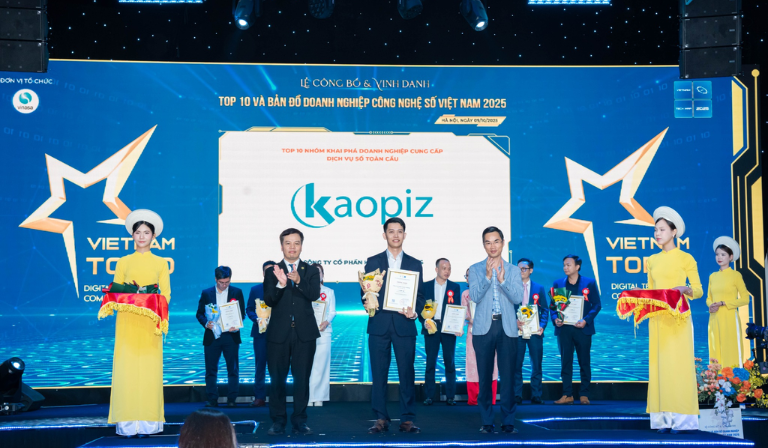
- Proximity and Time Zone Alignment: Vietnam’s location, just two hours behind Singapore, allows for real-time collaboration and smooth communication, eliminating many of the time zone challenges typical in offshore projects.
- Highly Skilled and Affordable Talent Pool: Vietnam boasts a strong engineering workforce, with over 80,000 IT graduates annually and recognized expertise in cloud, AI, and DevOps. Kaopiz alone has a team of 600+ engineers with an average of 5 years of experience across AWS, Azure, and Google Cloud.
- Proven Track Record and Global Standards: As an AWS Advanced Consulting Partner and ISO 27001-certified company, Kaopiz provides world-class data protection, cloud migration, and managed services trusted by more than 200 enterprise clients across Japan, Singapore, and other markets.
- Strong Communication and Cultural Fit: Vietnamese teams are known for their adaptability, responsiveness, and shared business mindset with Singapore partners — ensuring projects move quickly and efficiently.
- Scalable and Long-Term Partnership Model: Kaopiz offers flexible engagement models, from project-based delivery to dedicated offshore teams, allowing clients to scale cloud operations without heavy upfront investment.
Therefore, Vietnamese outsourcing cloud solution partners like Kaopiz provide excellent software outsourcing and cloud services, giving Singapore businesses the perfect mix of technical depth, cost savings, and reliability — making them trusted partners in cloud transformation and digital growth.
The Future of Cloud Management Outsourcing in Singapore (2025–2030)
Between 2025 and 2030, Singapore’s cloud management landscape will evolve rapidly, driven by advances in AI automation, FinOps, and sustainability-focused cloud strategies. As digital transformation deepens across industries, outsourcing will shift from a cost-saving measure to a strategic partnership model centered on innovation and value creation.
- AI-Driven and Autonomous Cloud Operations: The next wave of outsourcing will see AI and machine learning powering predictive maintenance, intelligent scaling, and self-healing systems. Cloud management partners will move beyond monitoring to delivering proactive, data-driven performance optimization.
- FinOps and Cost Transparency: With rising multi-cloud complexity, businesses will prioritize financial operations (FinOps) to track and optimize cloud spending. Offshore partners offering transparent reporting and cost analytics will gain competitive advantage.
- Security and Compliance as a Differentiator: As PDPA and global data regulations tighten, certified vendors with robust governance and compliance frameworks will become the preferred partners for Singapore enterprises handling sensitive information.
- Sustainability and Green Cloud Initiatives: Cloud outsourcing will increasingly align with Singapore’s Green Plan 2030, focusing on energy-efficient infrastructure and carbon-conscious data centers. Vendors offering eco-friendly cloud operations will see growing demand.
- Long-Term, Value-Based Partnerships: By 2030, outsourcing relationships will evolve into strategic collaborations, where vendors like Kaopiz co-develop solutions, integrate AI agents, and support clients’ innovation roadmaps — not just manage infrastructure.
In short, the future of cloud management outsourcing in Singapore will be AI-enhanced, data-driven, and sustainability-focused, empowering enterprises to stay agile and competitive in the digital decade ahead.
Conclusion
As Singapore accelerates its digital transformation, Cloud Management Outsourcing is no longer just an operational choice—it’s a strategic advantage. By partnering with experienced offshore vendors, businesses can reduce costs, strengthen security, and scale faster while focusing internal teams on innovation and growth.
Vietnamese partners like Kaopiz bring the perfect balance of technical expertise, cost efficiency, and reliability, helping Singapore enterprises manage complex hybrid and multicloud environments with confidence.
Looking ahead to 2030, the future of cloud management will be defined by AI-driven automation, FinOps transparency, and sustainable cloud practices. The companies that embrace strategic outsourcing in cloud computing today will lead the next wave of digital innovation tomorrow.
→ Partner with Kaopiz to optimize your cloud solutions, infrastructure, reduce costs, and unlock smarter, AI-driven operations for your business.
FAQs
- What Is the Difference Between Cloud Outsourcing and IT Outsourcing?
- Cloud outsourcing focuses specifically on managing cloud-based infrastructure and services such as AWS, Azure, or Google Cloud. IT outsourcing, on the other hand, covers a broader range of functions — including software development, helpdesk support, and hardware maintenance.
- Can a Business Network Be Outsourced to the Cloud?
- Yes. Many Singapore enterprises migrate their networks to cloud-based environments to improve scalability, reduce infrastructure costs, and enhance data accessibility. With proper configuration and security controls, even critical business networks can be safely managed in the cloud.
- How Do AI-driven Cloud Services Improve Operational Efficiency for Singapore Businesses?
- AI-driven cloud services automate tasks such as performance monitoring, anomaly detection, and resource scaling. This reduces downtime, optimizes costs, and enables faster, data-driven decision-making — allowing teams to focus on innovation instead of routine maintenance.
- Why Is Vietnam Becoming a Trusted Destination for Offshore Cloud Outsourcing in Asia?
- Vietnam combines a highly skilled IT workforce, competitive costs, and strong government support for the digital economy. Offshore vendors like Kaopiz provide excellent IT outsourcing services, ISO 27001–certified operations, English proficiency, and time zone alignment — making them ideal partners for Singapore firms.
- How Does Kaopiz Ensure Secure Cloud Outsourcing?
- As a trusted IT outsourcing company in Singapore, Kaopiz follows international best practices with ISO 27001 certification, strict access controls, and encrypted data transmission. Our cloud teams adhere to Singapore’s PDPA standards, ensuring compliance, transparency, and data protection throughout every stage of cloud management.
Trending Post
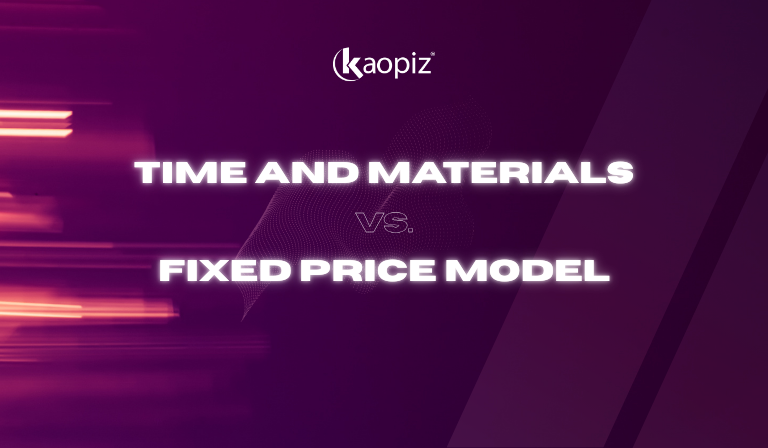
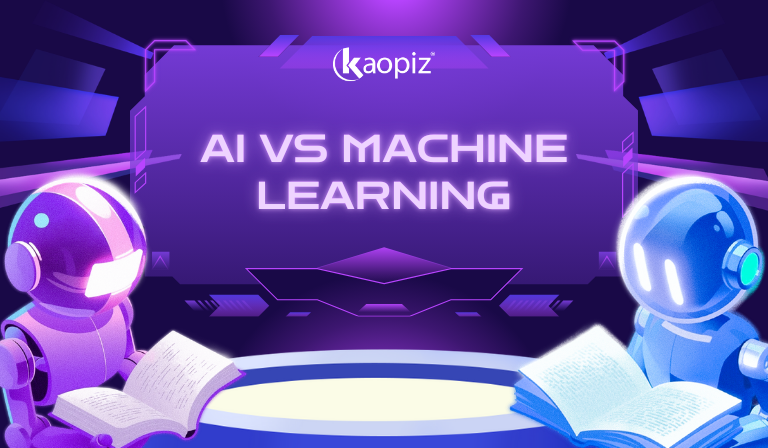
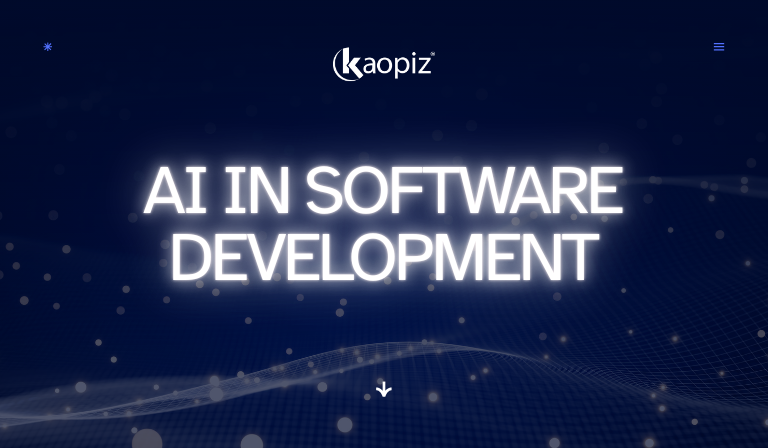
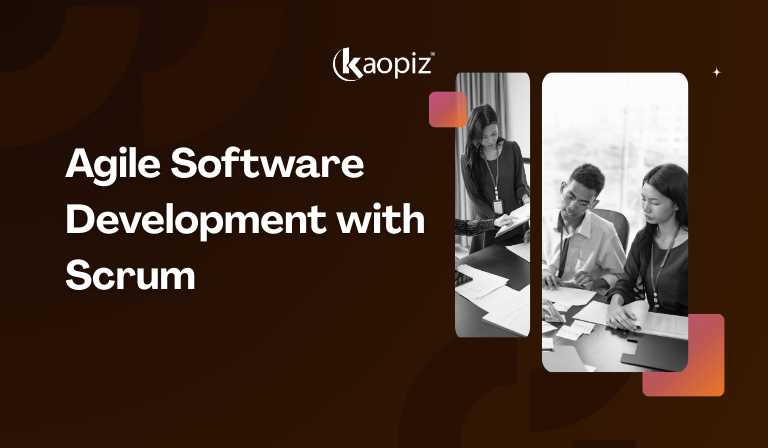

















No Comments yet!